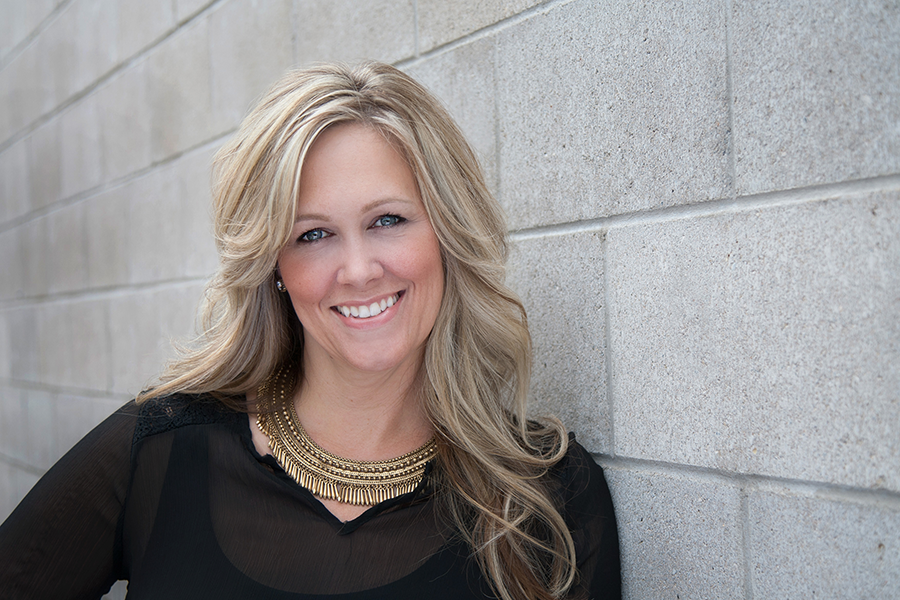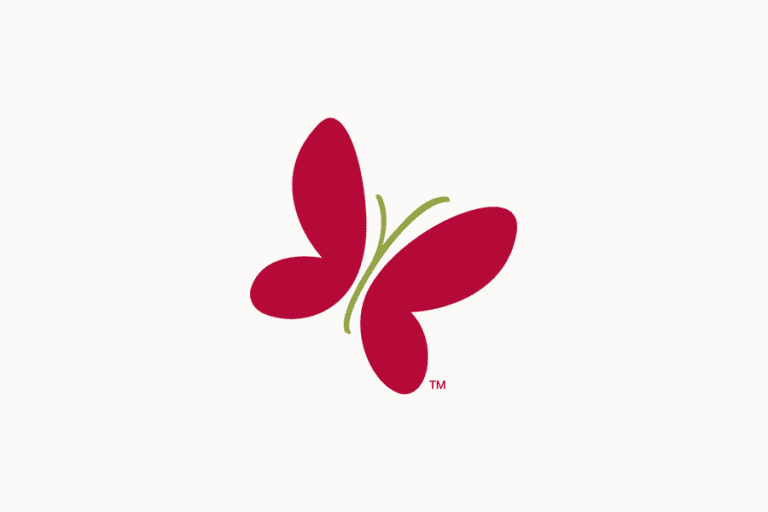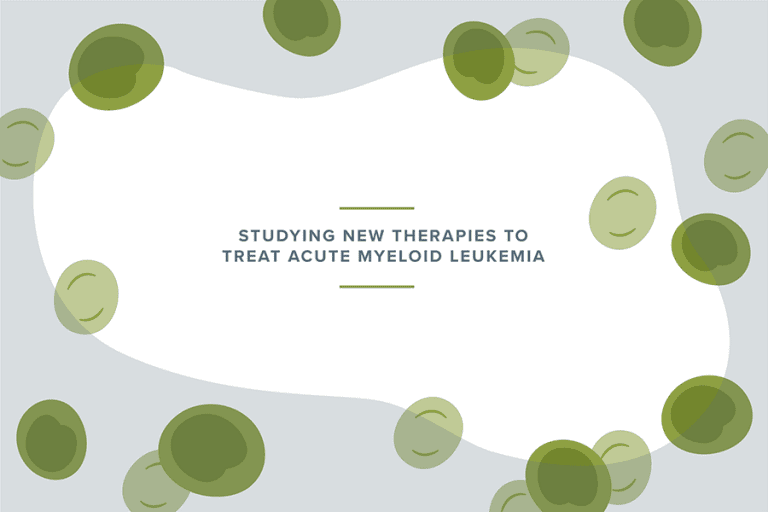Rallying families to share their children’s stories isn’t easy, because I ask them to open doors to the most intense pain.
I share with them how I became involved in the world of childhood cancer.
I let them know that my son survived brain cancer, even if their children haven’t survived their diagnoses. I share how they can be a catalyst to move research forward, and through it, they can find healing. I ask them to be vulnerable.
And as I’m doing this, I share my most intimate moments and emotions, too, to survive the guilt.
I do this work to honor my son, yes, but I mostly do it for these children and their families: The ones whose children’s cancer has come back, families who are looking for more options, looking for the cure or just more time. And, I do it for the families who have had to bury their children, the ones who ran out of time before researchers could find more options.
I also do it for the children who have yet been diagnosed, for the families that will hear next week, next month and next year that their children have cancer. They will hear what type it is. It will be staged. They won’t understand the words being said. They will go online against the advice of their care team and look up the prognosis and the latest treatment options. They will read dates on published articles and medical journals hoping to see something current. In a few weeks, the reality of what they are up against will sink in. Parents will feel uneasy about the terrible choices they will have to make, the best course to save their child’s life. They will choose life threatening treatments for a chance at life.
They will find comfort in knowing they are not alone, even in this world of rare cancers in children. They will meet me and others like me who have been where they are, offering emotional and peer support whenever possible.
We will talk about the awful days of non-stop vomiting, the pain in their child’s eyes when they see their hair fall out, the ache of loneliness they feel from isolation due to compromised immune systems. We will talk about crying in the shower so our child won’t hear us because we feel so helpless, and we will whisper to one another the fear we have that they might die.
But, we will also share moments of joy that still comes. Like eating solid food and keeping it down. Seeing the welcome return of sparkle in their eyes when smiling, being able to keep blood counts up enough to enjoy a holiday or important date at home instead of the hospital. Or, even the joy brought by simply being able to hold your child’s hand and be present for them.
It’s hard and it’s messy.
I have guilt every time I learn of another diagnosis, another child’s relapse, another child who has died from cancer or a side effect of treatment. Every. Time. Medically speaking, my child shouldn’t be here. He should have died during his emergency brain surgery. He had a stroke. He is missing almost 50 percent of his brain! He should have had life threatening complications from his bone marrow transplant at only 7 months old, but he didn’t. Even so, my stomach still holds the rock that settled there on the day of diagnosis.
Yet, the more I learn from families, researchers and bedside care teams, the more I am aware of what a walking miracle my son is. And with that knowledge I find myself confused, lost and afraid… completely afraid that I will never be able to be enough and do enough for all of the families I hold so dear. Every single child who I meet becomes another opportunity to feel true love and to feel real pain.
Surprisingly though, guilt can be a gift. Guilt doesn’t have to be wallowing in my own pain, feeling worthless or helpless. It doesn’t mean isolating myself from others in fear or allowing it to steal from the magic of each day given to me. It is a gift that shows up when I have lost my focus or feel uncertain. I’ve learned that it brings me clarity and unwavering gratitude for what I have. It drives me to reach out, make that call, send that note, to be open to share in the pain of others. Guilt reminds me of my purpose, to transform my experience and pain into helping others heal, and for that I am grateful.
Written by Mindy Dykes, Community Outreach Coordinator
My son was diagnosed at 6 weeks old with a brain tumor. It was massive and required emergency brain surgery and an aggressive plan to treat the remaining cancer cells. Connor made it through surgery, survived chemotherapy and a bone marrow transplant all before he was 7 months old. Now, ten years later, my husband and I are navigating survivorship late effects, raising his preteen sister and always striving to keep life in balance.



